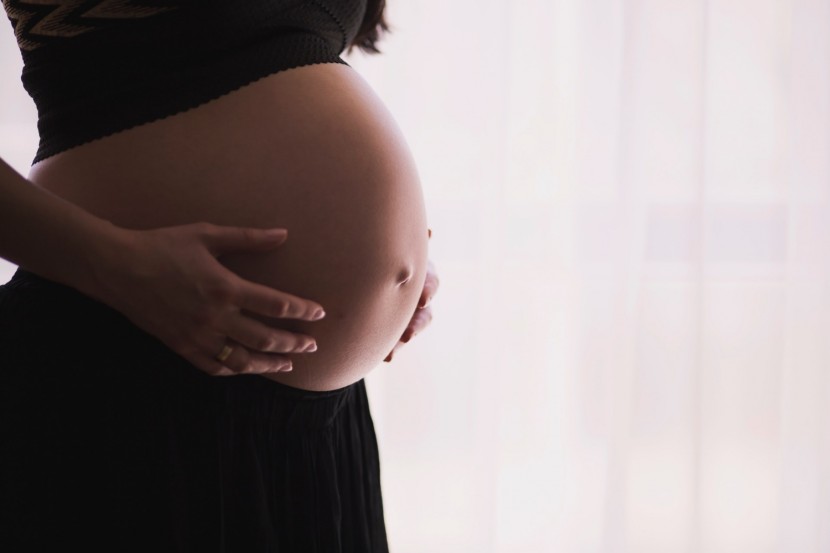
Four immunizations are being recommended this year as the winter respiratory infection season approaches. But there are already warning signals that fewer pregnant women are being vaccinated, which puts both the mothers and their babies at higher risk of contracting a potentially fatal disease.
Dr. Neil Silverman, an expert in maternal-fetal medicine at the University of California, Los Angeles (UCLA) Health, has made an observation: "We are meeting more resistance than I ever remember. We didn't get this kind of pushback on this scale before the pandemic," as reported by NBC News.
Recommended Vaccines for Pregnant Women
The Centers for Disease Control and Prevention (CDC) initially recommended the respiratory syncytial virus (RSV) vaccination for pregnant women in September. The virus that it protects against is normally harmless to adults but may be fatal to children under the age of 5. Then, in the revised recommendations, expectant mothers should obtain four vaccines: one against seasonal flu, one each against Covid and pertussis (commonly known as whooping cough), and one against RSV.
However, a new analysis from the CDC indicated that there are rising concerns regarding the safety of vaccines during pregnancy.
Nearly a quarter of the almost 2,000 pregnant women polled indicated they were extremely cautious about having a flu vaccination during the peak of cold and flu season last year when the survey was done. That is a big jump from the 17.2% who reported feeling the same way during the respiratory illness season of 2021 to 2022.
Less pregnant women are receiving vaccinations to prevent influenza and other diseases because of this reluctance.
Experts' Observations
Dr. Denise Jamieson, vice president for medical affairs at the University of Iowa Health Care and a representative for the American College of Obstetricians and Gynecologists, said that pregnant women were already a tough demographic to vaccine even before the pandemic. Since then, anti-vaccine sentiment has grown, even though millions of pregnant women have received flu vaccinations over the course of many decades with no negative consequences.
During the past season, when omicron infections were overwhelming hospitals, only 55.4% of people received tetanus, diphtheria, and pertussis (Tdap) vaccination, and only 27.3% of women received the Covid booster before or during pregnancy.
"Tdap is just barely recovering from pre-pandemic levels," Jamieson told NBC News. "The number of women vaccinated for Covid is disappointing."
Dr. Linda Eckert, a specialist in obstetrics and gynecology as well as global health and immunization at the University of Washington, has seen a growing anti-vaccine attitude among her patients. More and more of Eckert's pregnant patients are responding to her vaccine recommendations with "I'm not going to talk about it."
© 2026 HNGN, All rights reserved. Do not reproduce without permission.








